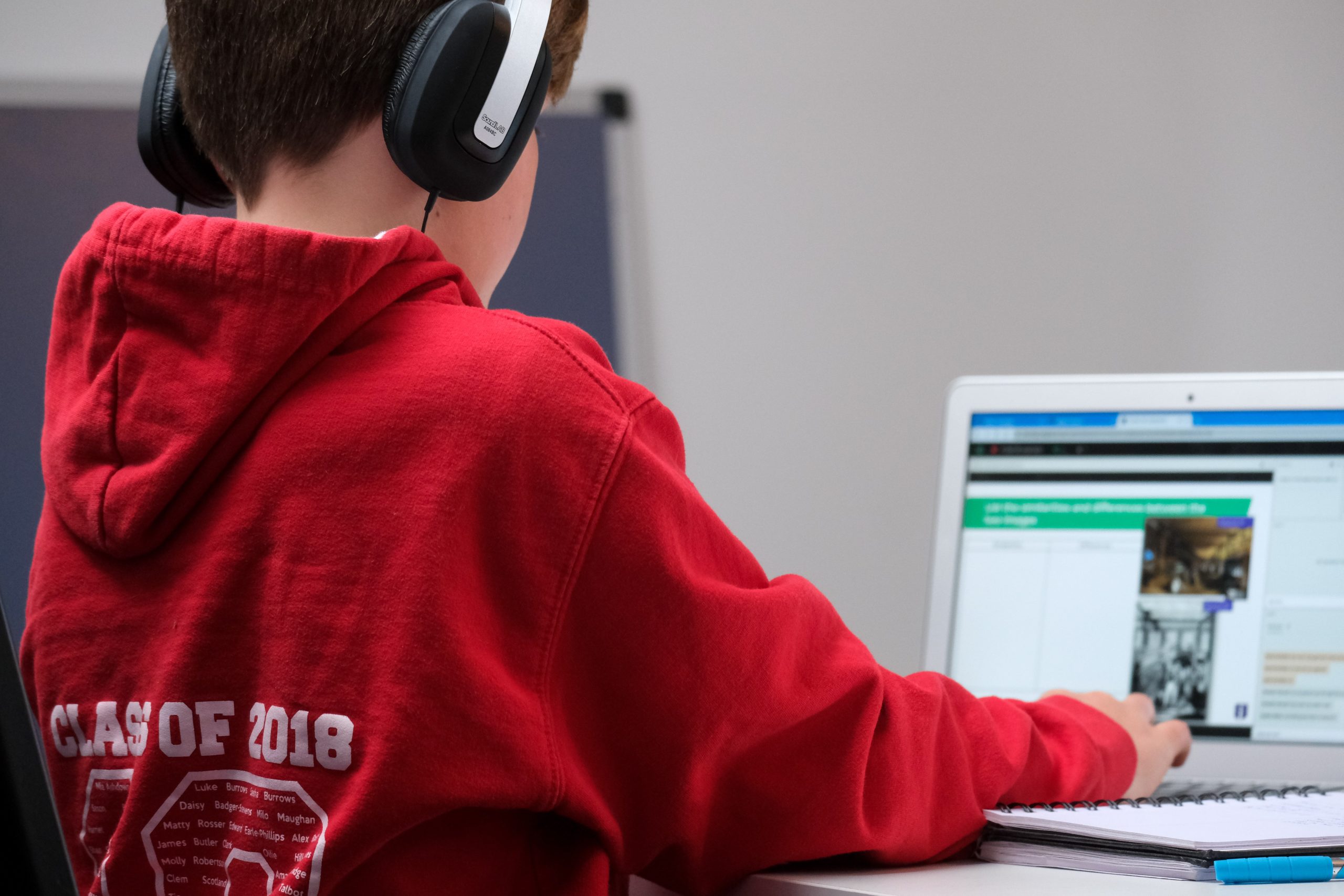As students, we get so busy with school and other things that we forget to study. How is it possible to learn new information and retain all of it? That’s where this article comes in. In this article, I will show you how to study effectively and remember everything you’ve learned.
Study smart, not study long.
This is a key concept in learning, and it’s easy to understand but hard to apply. We’ve all had the experience of sitting in class or at home trying to cram our brains with information, only to find that the information is still there, but our brain just can’t process it fast enough to retain it. We’ll forget everything we learned in class by the end of the day — or worse, we’ll be able to recall some of it but not all of it.
The solution? Study smart instead of studying long. By “smart” I mean focus on what you need for an exam rather than wasting time on things that won’t help you ace your test. For example, if you’re studying for an English Literature exam and don’t know when Shakespeare was born yet but know that he died in 1616 and was a playwright who wrote “Macbeth,” then skip over Shakespeare’s birthday (1564) and go straight for his death date and start reading his plays from there.
You’ll probably realize that this makes sense after a while — after all, how many people do you know who started studying something because they were interested in it but then decided they didn’t like it
Identify your own learning style.
A lot of people are good at learning by reading and listening, while others are better at visualizing. You should try to identify which of these is your strongest skill and then use that to study as much as possible.
If you’re an auditory learner, read out loud and talk through the material with friends. If you’re a visual learner, try creating mind maps of the topic and keeping a notebook nearby for note-taking.
When it comes time to write a paper or test, write in your own voice without copying from other sources. This will help you remember what you’ve learned better than if you simply copied from someone else’s work.
Take breaks.
The most important thing you can do to study effectively is to take breaks. The human brain has a finite capacity to retain information, and if you don’t allow your brain time to rest, it will soon start to forget everything you’ve learned.
Take regular breaks throughout the day. Try to schedule regular breaks of at least 10 minutes during the day. This will help keep your mind alert, and allow your brain to absorb new information without getting overwhelmed by it.
If possible, try to schedule your breaks right before you are about to study something new or complicated. If for some reason you have trouble finding time for these breaks, try taking them during the middle of the day so that they’re not interrupted by other things that need your attention.
Master the material before cramming.
The best way to learn is to study the material before cramming. First, read the book and then take notes while you are reading. This will help you to absorb the information and retain it better. Remember, it’s not just about making yourself remember the facts, but also making sure that you remember how to apply those facts in a real-life situation.
Next, review your notes after every chapter or section of the book. You can use flashcards or do any other kind of review methods that you like best.
Finally, take some time off between studying sessions and relax! This is important because it helps you unwind from your previous sessions so that you can come back fresh in your next session.
Vary your study environment.
If you work from home, try studying at another office or at a coffee shop. Or ask for help from friends or family members to study with you so that you can learn from their perspective and make sure you’re taking advantage of all available resources.
Make a checklist/outline of each chapter/section as you read it.
The easiest way to study effectively is to make a checklist of each chapter, section and subsection as you read it. This will help you to remember what you have read.
You can add notes in the margins of the pages, underline important points and make a note of any questions that you have.
You can also create a mind map of the topics covered in each chapter or section. This will help you to remember all the information that has been covered.
Find a quiet place to study.
The first step to studying effectively is to find a quiet place to study. If you’re in a noisy room, it can be hard to focus on what you’re reading or listening to. You might even feel tempted to take breaks from studying because it’s too loud or distracting.
However, if you find a quiet place where you can concentrate without distractions, your studies will go much better. It’s also important that the environment isn’t too warm or cold. This can cause you to get tired quickly and not feel motivated enough to study later in the day.
Have a positive attitude.
Have a positive attitude. A positive attitude is vital to success, especially when you’re studying. If you have a negative outlook on life and your studies, it’s going to be very difficult for you to remember what you studied earlier that day or even later in the week. You need to have a good attitude if you want to be able to remember everything that was taught at school or college.
Studying is different for everyone and can be improved over time
After reading one or two of these study tips you can decide if your studying habits need improvement. It’s never too late to change the way you study, so take a moment to evaluate what you are doing during class and determine if there are any changes you want to make. The information that is covered in class is important and shouldn’t be left out of your studies.
Read more : Getting Professional Help From an Essay Writing Service?








Leave a Reply